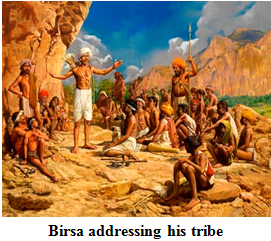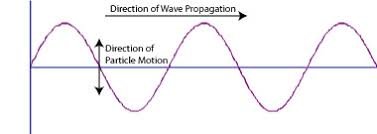How did colonial rule affect tribal lives
Tribals Dikus and the vision of a golden age of Class 8
WHAT HAPPENED TO TRIBAL CHIEFS ?
- Before the arrival of the British, tribal chiefs enjoyed a certain amount of economic power and had the right to administer and control their territories. They had their own police and decided on the local rules of land and forest management.

- Under British rule, the functions and powers of the tribal chiefs changed considerably. They lost much of their administrative power and were forced to follow laws made by British officials in India, They had to pay tribute to the British, and discipline the tribal groups on behalf of the British. They lost the authority they had earlier enjoyed amongst their people, and were unable to fulfill their traditional functions.
WHAT HAPPENED TO THE SHIFTING CULTIVATORS
- For British, settled peasants were easier to control and administer then people who were always on the move. To ensure a regular revenue source, the British introduced land settlements. Some peasants were declared landowners, others tenants. The tenants were to pay rent to the landowner who in turn paid revenue to the state.
- The British effort to settle jhum cultivators was not very successful. In fact, Pum cultivators who took to plough cultivation often suffered, since their fields did not produce good yields. Facing widespread protests, the British had to ultimately allow them the right to carry on shifting cultivation in some parts of the forest.
FOREST LAWS AND THEIR IMPACT
- The life of tribal groups was directly connected to the forest. So changes in forest laws had a considerable effect on tribal lives. The British declared that forests were state property. Reserved forest produced timber which the British wanted. In these forests, people were not allowed to move freely, practise jhum cultivation. Collect fruits or hunt animals.
- Once the British stopped the tribal people from living inside forests, they faced a shortage of labor to cut trees for railway sleepers and to transport logs.
- Colonial officials came up with a solution. They decided that they would give jhum cultivators small patches of land in the forests and allow them to cultivate these on the condition that those who lived in the villages would have to provide labor to the forest department and look after the forests.
- Many tribal groups reacted against the colonial forest laws. They disobeyed the new rules, continued with practices that were declared illegal, and at times rose in open rebellion. Such was the revolt of Sonogram Sangma in 1906 in Assam and the forest satyagraha of the 1930s in the Central Provinces.
THE PROBLEM WITH TRADE
During the nineteenth century. Tribal groups found that traders and money-lenders were exploiting the tribals and making a good fortune for themselves. For e.g., the silk agents in Hazaribagh gave loans to the Santhai tribals who reared cocoons and collected the cocoons from them.
The growers were paid a very low amount i.e. Rs. 3 to Rs. 4 for a thousand cocoons. These were then exported to Burdwan or Gaya and were sold at five times the price. The middlemen thus made huge profits. The silk growers earned very little. Understandably, many tribal groups saw the market and the traders as their main enemies.
THE SEARCH FOR WORK
The plight of the tribals who had to go far away from their homes in search of work was even worse. Tribals were recruited in large numbers to work in the tea plantations of Assam and the coal mines of Jharkhand. They were recruited through contractors who paid them miserably low wages, and prevented them from returning home.







